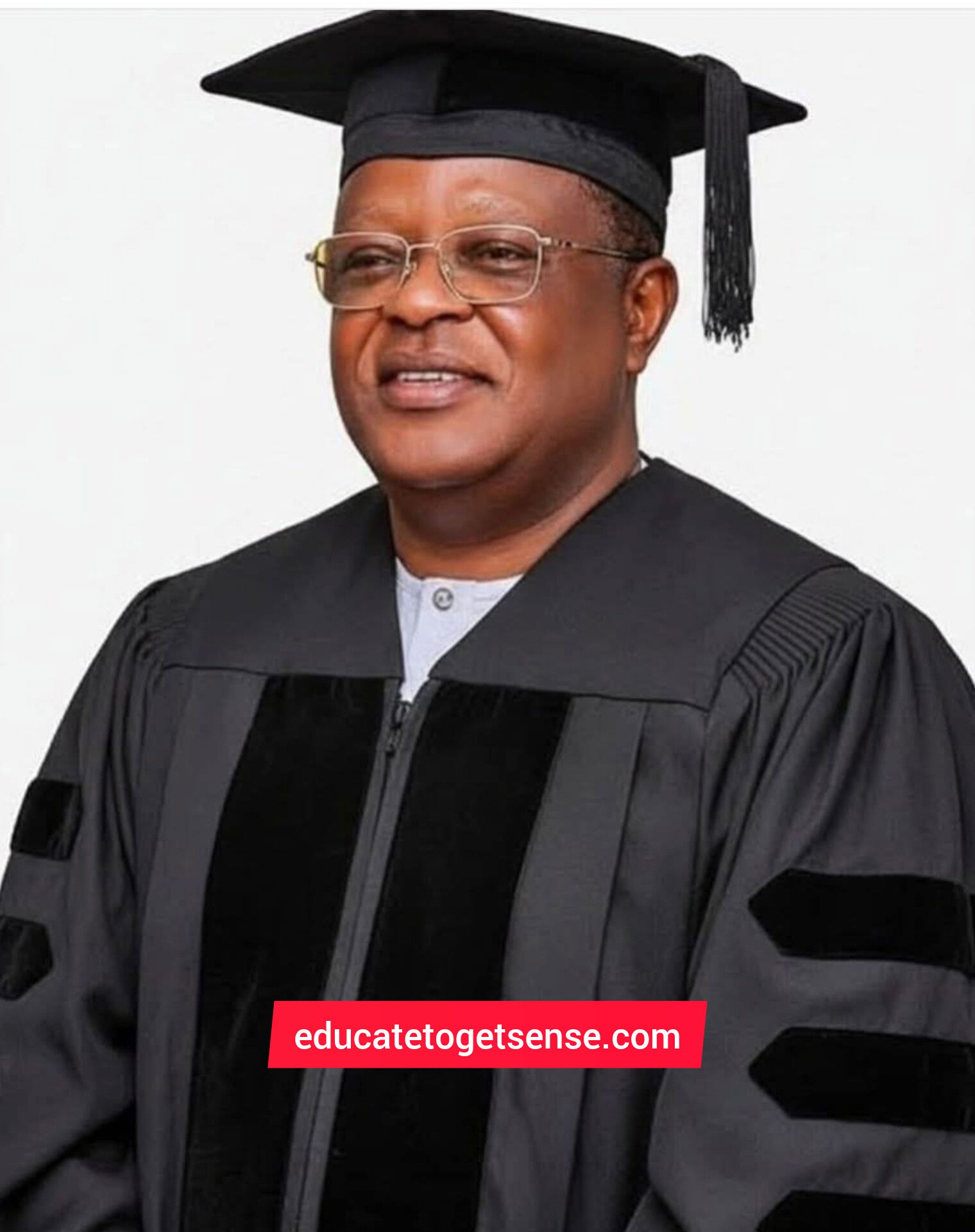FROM A BACHELOR'S DEGREE IN CIVIL ENGINEERING TO PROFESSOR IN PRACTICE: CONGRATULATIONS MINISTER
The journey from an undergraduate student to a distinguished Professor in Practice is a testament to dedication, relentless effort, and a profound commitment to one's field. This is the inspiring trajectory that culminates in the well-deserved recognition of a Minister, whose recent appointment as Professor in Practice marks a significant milestone.
This achievement is not merely an academic title; it is a powerful affirmation of a career built on a solid foundation of civil engineering principles, innovative application, and impactful leadership, now celebrated at the highest echelons of both academia and public service.The narrative begins with a Bachelor's degree in Civil Engineering. This foundational period is crucial, shaping the intellectual curiosity and problem-solving acumen that would define the Minister's subsequent career.
Civil engineering, at its core, is about building the world around us—designing infrastructure that supports societies, connects communities, and withstands the test of time. It demands a rigorous understanding of mathematics, physics, materials science, and project management. One can envision the Minister as a diligent student, poring over textbooks, grappling with complex structural analyses, and mastering the principles of fluid mechanics and geotechnical engineering. The countless hours spent in lectures, labs, and design studios were not just about acquiring knowledge; they were about internalizing a methodology for critical thinking and practical application. This early immersion in civil engineering instilled a deep appreciation for precision, efficiency, and the tangible impact of well-executed designs on human lives.Upon graduation, the transition from theory to practice would have commenced. The real world of civil engineering presents challenges far beyond the scope of textbooks – unforeseen site conditions, budget constraints, regulatory complexities, and the ever-present need for sustainable solutions. It is in navigating these practical hurdles that true expertise is forged. One can speculate that the Minister's early career involved hands-on experience in various civil engineering projects. Perhaps it was designing bridges that spanned rivers, constructing roads that connected remote towns, developing water treatment facilities that ensured public health, or overseeing urban planning initiatives that revitalized communities. Each project, large or small, would have contributed to a growing portfolio of practical knowledge and a sharpened ability to translate complex engineering concepts into tangible, functional realities.
This phase would have also honed essential soft skills: leadership, communication, negotiation, and the ability to inspire and manage diverse teams of engineers, technicians, and laborers. The progression from a practicing engineer to a public servant, and eventually a Minister, adds another profound layer to this remarkable journey. Entering public service meant shifting from individual project delivery to a broader strategic vision for national development. Here, engineering principles—such as efficiency, resource optimization, risk assessment, and long-term sustainability—become critical tools for policy-making. The Minister would have leveraged their deep understanding of infrastructure and built environments to shape policies that address national challenges, promote economic growth, and improve the quality of life for citizens. This transition requires a different kind of engineering – one focused on societal structures, legislative frameworks, and the complex interplay of political, economic, and social factors that influence national development. The ability to articulate complex technical issues to a non-technical audience, to persuade stakeholders, and to champion initiatives that might face political headwinds, would have been paramount.The appointment as a Professor in Practice is a culmination that bridges these two distinct yet interconnected worlds: the practical application of civil engineering and the strategic leadership of public service. The title "Professor in Practice" is particularly significant.
It recognizes individuals who bring extensive real-world experience and significant professional achievements to the academic environment, enriching the learning experience for students with practical insights that go beyond theoretical frameworks. It acknowledges that valuable knowledge is not solely confined to academic research but is also profoundly generated through years of tackling complex challenges in the field.In this new role, the Minister will undoubtedly bring a wealth of unparalleled experience to the university. Imagine the lectures and seminars where students will learn not just about structural design but about the political intricacies of securing funding for a national infrastructure project.
They will hear not just about environmental impact assessments but about the practical compromises and innovative solutions required to balance development with conservation on a national scale. The Minister’s ability to share anecdotes, case studies, and personal reflections from decades of experience will transform abstract concepts into vivid, relatable lessons. This will inspire a new generation of civil engineers and public policy makers to think holistically, to consider the societal implications of their designs, and to strive for leadership that is both technically sound and socially responsible.
This recognition also serves as an inspiration beyond the university walls. It highlights the value of interdisciplinary engagement and demonstrates how a strong foundation in a technical field can be a powerful launchpad for leadership in diverse sectors, including government. It underscores that expertise cultivated over many years in a specific domain can be immensely beneficial when applied to broader societal challenges. The journey of the Minister, from the meticulous calculations of civil engineering to the expansive vision of public policy, and now back to the nurturing environment of academia as a Professor in Practice, is a powerful narrative of continuous learning, adaptation, and selfless contribution.In conclusion, the achievement of transitioning from a Bachelor's degree in Civil Engineering to a revered Professor in Practice is monumental. It is a dual celebration of academic rigor and practical impact, acknowledging a career defined by expertise, leadership, and a commitment to shaping the built environment and the society it serves. This appointment is not just a personal triumph for the Minister but a significant gain for the academic community and an enduring source of inspiration for all who aspire to make a meaningful difference in the world. Congratulations to the Minister on this truly remarkable and well-deserved recognition.Here is an image for you:
